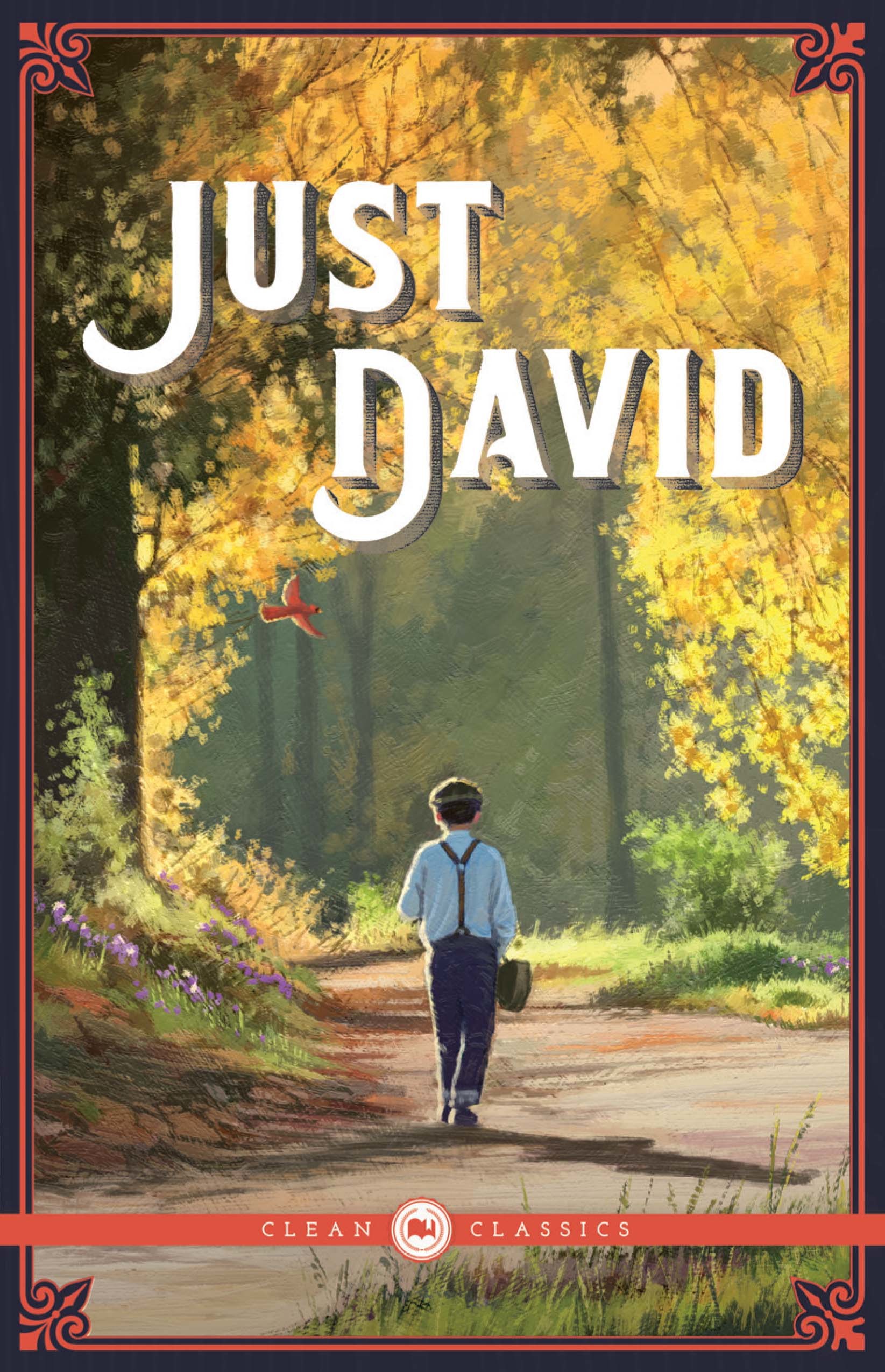Answers That Did Not Answer
byAnswers That Did Not Answer brings to light the conflict between a child’s simple honesty and the adult world’s tangled emotions. After standing up to bullies in defense of a helpless kitten, David finds kindness in strangers—Jack and Jill—who care for his injuries. Their home, quiet and humble, becomes a place where questions unfold rather than find resolution. David shares pieces of his past, memories of his father, and values shaped by a life secluded in nature and filled with music. His words carry weight, not from sophistication, but from the clarity with which he sees the world. When he mentions the Lady of the Roses, Jill’s curiosity grows while Jack stiffens, revealing that David’s innocent remark has touched on something deeply personal. The reference to Miss Holbrook exposes an unseen thread linking past and present, hinting at unresolved feelings that Jack has long buried beneath silence.
The interaction moves from casual talk to meaningful reflection as Jack listens to David’s views on time and joy. David repeats the Latin phrase he learned from his father—about only counting the sunny hours—and Jack’s reaction is quietly stunned. Here is a boy who lives by values most adults have forgotten. Jack tries to make sense of David’s strange logic, his love for animals, and his peaceful defiance against cruelty. Yet every answer David offers leads to deeper questions, unsettling in their simplicity. Jill, fascinated, wants to understand more, but Jack seems uncomfortable with the clarity David brings. Their conversation ends not with clarity but with more unspoken thoughts. Sometimes, the purest truths aren’t comforting—they challenge what people have come to accept about pain, regret, and missed chances.
Back at the Holly farmhouse, David’s return is met with concern rather than praise. Mr. and Mrs. Holly scold him gently, worried not about the reason behind the fight but the act itself. David is confused. His father had always taught him that protecting the weak was a noble task. Yet in this new world, rules seem different. Here, peace is prized above action, even when injustice occurs. Despite this, David doesn’t feel resentment. He processes the event, not as a punishment, but as another layer in his understanding of how adults think and feel. His resolve isn’t shaken—if anything, it grows stronger. He begins to see that kindness, though valued, is sometimes bound by unfamiliar rules.
David’s purity continues to impact those around him in subtle but powerful ways. He speaks openly with Jack and Jill about happiness, asking why people who live surrounded by beauty still feel sad or alone. Jill is moved by the question. Jack avoids answering. This dynamic becomes a silent commentary on emotional disconnect. David doesn’t mean to pry—he simply wants to understand how such a beautiful world can coexist with sorrow. His ability to empathize, to listen without judgment, makes others lower their guard, even when they don’t realize it. It’s not wisdom in the traditional sense that David offers; it’s something more profound—truth without bitterness.
The story deepens with the realization that Jack may have known the Lady of the Roses long before David arrived. There’s a hint of a past love, or a lost friendship, tangled in their silence. David, unaware of the full weight of his words, has brought old emotions to the surface. For Jack, this creates inner tension. He sees David as a boy with answers that feel too close to the heart. Yet Jack, like many adults, struggles to speak plainly about pain or hope. David’s presence becomes a mirror—reflecting what others hide. And though David doesn’t always understand the effect he has, it is clear he is reshaping the lives of those he touches.
What sets David apart isn’t just his music or innocence—it’s his ability to ask questions people avoid. Answers That Did Not Answer is less about resolution and more about reflection. Adults often live in a web of half-truths and polite silence, while David walks through it asking why. In doing so, he gently disrupts the quiet acceptance of emotional distance. His simplicity doesn’t dismiss sorrow—it invites healing. As the story unfolds, David’s quiet inquiries begin to unlock doors long shut, suggesting that transformation doesn’t always start with solutions, but with the courage to ask what no one else dares to say aloud.

